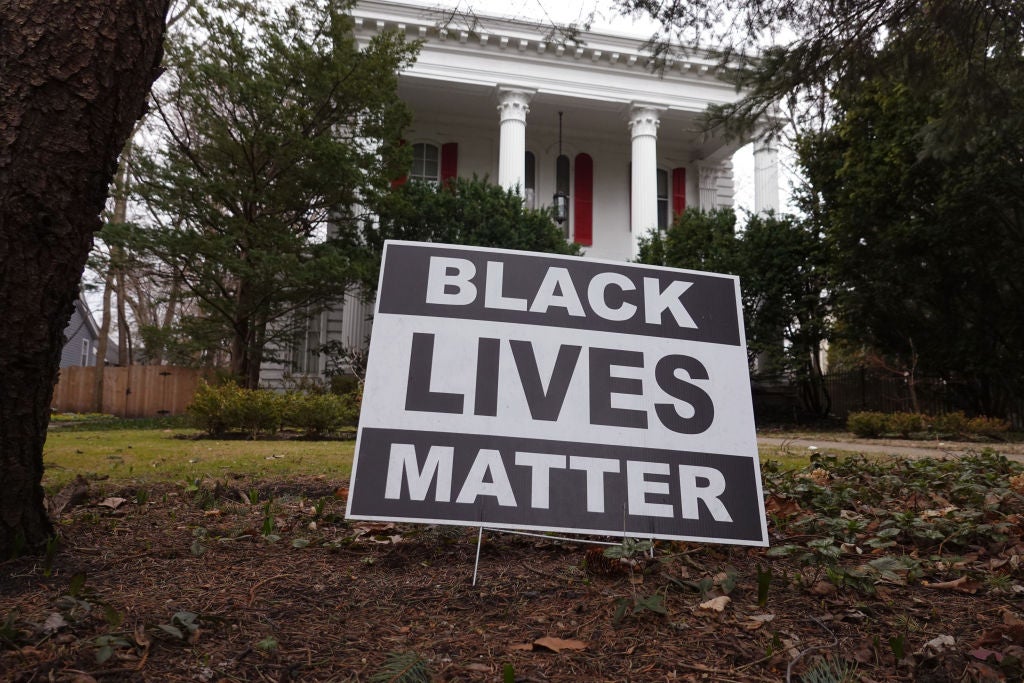
Two historic happenings have taken place in Illinois.
In a landmark decision, Evanston, a city just north of Chicago, enacted a reparations fund for its Black residents who were at least 18 years old from 1919 until 1969 and their descendants who were affected by systemically racist policies, mainly redlining. Now five years later, millions in funding will be transferred to one of Illinois’s only Black-owned banks.
“This is a way that this repair can be multiplied,” Evanston Reparations Committee Chair Robin Rue Simmons announced per the Chicago Tribune. She continued “… $17 million in a Black bank is going to give more lending power and access to Black businesses, Black mortgages that are fair and other forms of support so this is a very, very big deal.”
The institution in question, Liberty Bank, is valued at $1 billion per the outlet.
“If we have inspired more than 100 municipalities to do reparations, what if they follow this model?” Simmons asked. “Let’s not be scared to dream.”
Liberty Bank also provided services for first-time home buyers who chose to use their reparations funding for mortgages and has offered 100% refinancing on predatory loans, the outlet reports.
“They have been invested and committed early on, years ago,” Simmons said.
The historic fund was launched in 2019, making Evanston the first city in the United States to enact a government-funded reparations program with the sole focus of address and atoning for the rabid injustices Black residents endured.
The fund is just the first step that its proponents plan to take to narrow the racial wealth gap and enact significant economic justice for Black people in the area.
For example, Twyla Blackmond Larnell, a Loyola University Chicago associate professor of political science aims to deploy a wide-reaching study to help officials understand how to better serve Black-owned businesses.
“If we want more resources for the Black community, there’s power in numbers,” Blackmond Larnell said per the Chicago Tribue. “We have to have enough resources and amenities to maintain our Black population so that they can then open the businesses and support the businesses, feel included and stay.”

